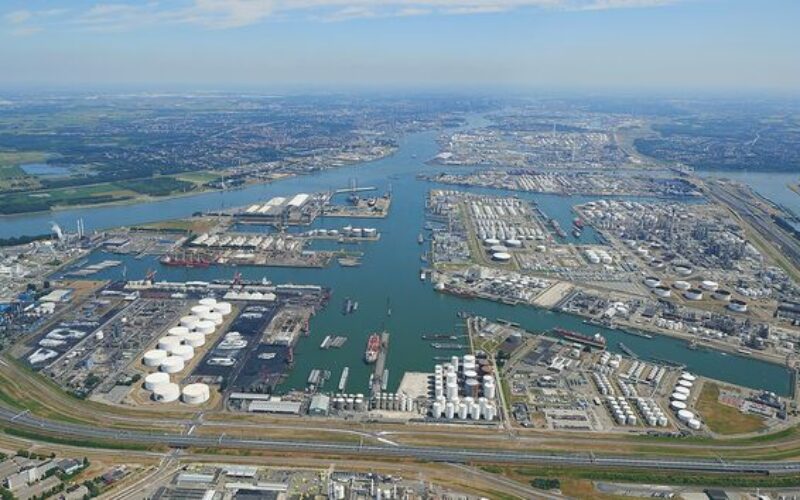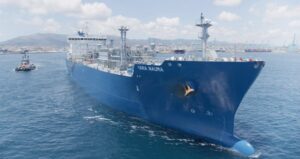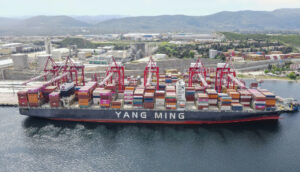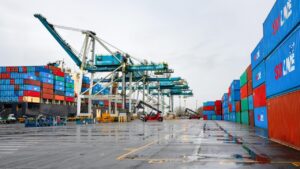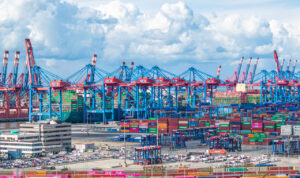The Port of Rotterdam Authority and Yokogawa Electric Corporation have launched a feasibility study to increase cross-industry integration for the efficient use of energy and utilities in the Rotterdam industrial cluster.
According to the Port of Rotterdam, the study’s objective is to contribute to ambitious regional decarbonisation targets.
The port and Yokogawa aim to overcome this obstacle by permitting confidential data exchange and greater cluster integration in order to realise the significant potential efficiency advantages of optimising production across whole industrial clusters.
READ: Port of Rotterdam launches remote-controlled drone project
The two firms have previously conducted a pre-feasibility study that identified potential savings of a variety of utilities using computer simulations and comparisons with activities in the Rotterdam port industrial cluster.
This was supplemented with in-depth seminars and roundtable talks with several firms engaged in the field.
The pre-feasibility study showed up to 5 per cent improvements in efficiencies from better alignment of the use of electricity, heat, steam, and feedstocks such as water and industrial gases, resulting in lower costs and a reduced carbon footprint.
READ: Port of Rotterdam, PortLiner partner to create electrolyte bunkering station
In the long run, deeper integration and optimisation within the industrial cluster could yield savings as high as 10 per cent.
As a result, the Rotterdam area might evolve into a “industrial sharing economy”, in which extensive sharing of resources and infrastructure results in extremely efficient operations for all enterprises in the region.
Following these first findings, the Port of Rotterdam and Yokogawa have reportedly begun a feasibility study with numerous petrochemical and energy industries in the cluster to create actual use cases based on existing activities.
The feasibility study’s preliminary findings are expected by the end of 2023. If the results are sufficiently favourable, the next stage will be to prepare preparations for conducting field testing with participating enterprises in the port beginning in 2024.

